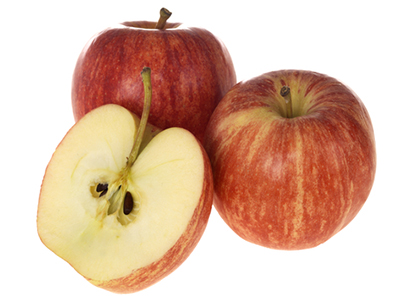
Public health officials have confirmed that dozens of more people have parasitic infections linked to trays of fresh, pre-cut vegetables that Del Monte Fresh Produce recalled in mid-June.
The case count stands at 185, having increased by more than 100 since the outbreak was announced by the Centers for Disease Control and Prevention on June 15. Seven people have been so sick that they had to be admitted to hospitals.
Additional people are likely to be added to the CDC’s case count. It usually takes 2 to 14 days after a person ingests the Cyclospora parasite for symptoms to develop. Specialized lab tests are required to confirm cyclosporiasis. Lab results must be confirmed and then reported to state officials who send reports to the CDC.
“Illnesses that began after May 17 might not have been reported yet due to the time it takes between when a person becomes ill and when the illness is reported,” according to the CDC’s outbreak update. The CDC’s initial outbreak report and both since then have reported that most of the infected people said they ate items from Del Monte fresh vegetable trays.
Del Monte has recalled 6-ounce, 12-ounce, and 28-ounce vegetable trays containing pre-cut fresh broccoli, cauliflower, celery sticks, carrots and dill dip. Recalled products were sold in clear, plastic clamshell containers. All of the recalled products had best-by dates of June 17 or before.
The multi-national produce company reported it distributed the recalled products to a number of retailers, including Kwik Trip, Kwik Star, Demond’s, Sentry, Potash, Meehan’s, Country Market, FoodMax Supermarket, and Peapod. The CDC continues to urge consumers to check their homes for unused portions of the recalled products and to discard them immediately.
State and federal officials continue to investigate the outbreak, but they have not yet determined the source of the parasites.
“(The Food and Drug Administration) has not identified which of the ingredients is the vehicle for this outbreak; each component of these vegetable trays is under consideration. FDA is currently reviewing distribution and supplier information related to the vegetable trays; the investigation is ongoing,” according to the FDA’s most recent update.
Anyone who has eaten anything contained on the recalled fresh vegetable trays and becomes ill should seek medical attention and tell their doctors about their possible exposure to the Cyclospora parasite. Specific tests are required to confirm infection.
The parasite infects the small intestine and typically causes watery diarrhea, with frequent, sometimes explosive, stools, according to the CDC. Other common symptoms include loss of appetite, weight loss, abdominal cramping/bloating, increased flatus, nausea, and prolonged fatigue. Vomiting, body aches, low-grade fever, and other flu-like symptoms may be noted.
If untreated, the illness may last for a few days to a month or longer and may follow a remitting-relapsing course. The symptoms can be mistaken for flu or other viral infections.
(To sign up for a free subscription to Food Safety News, click here.)




 Yep, that’s right, the FDA has signed off on Del Monte’s “EF2-114 pineapple” aka the “extra sweet pink flesh pineapple.”
Yep, that’s right, the FDA has signed off on Del Monte’s “EF2-114 pineapple” aka the “extra sweet pink flesh pineapple.”



